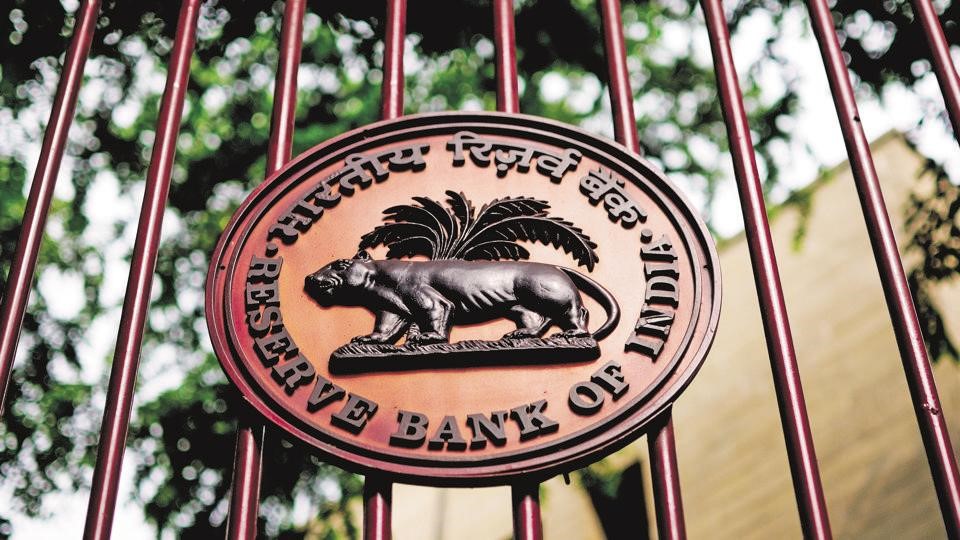RBI Revises Lending, Exposure, and Governance Norms for UCBs
Why in the News?
- RBI superseded the board of New India Co-operative Bank due to governance issues and financial irregularities.
- Revised norms expand small-value loan definition, increase real estate exposure limits, and update provisioning for security receipts (SRs).
- New regulations aim to enhance operational flexibility while maintaining regulatory oversight.
RBI Revises Co-operative Bank Norms:
- RBI recently superseded the board of New India Co-operative Bank due to governance issues, financial irregularities, and misappropriation of funds.
- The central bank imposed restrictions, initially barring withdrawals, later allowing withdrawals up to ₹25,000 from February 27.
- More than 50% of depositors are now estimated to be able to withdraw their entire balance.
Revised Lending & Exposure Norms
- RBI revised urban co-operative bank (UCB) norms to provide operational flexibility while maintaining regulatory objectives.
- The definition of small-value loans has been updated to loans below ₹25 lakh or 4% of Tier-I capital, with a cap of ₹1 crore.
- UCBs must ensure small-value loans comprise 50% of total advances by March 31, 2026.
- Aggregate exposure to housing and commercial real estate remains capped at 10% of total assets, with an additional 5% allowed for priority sector housing loans.
- Loan limits for housing loans:
- Tier-I UCBs: ₹60 lakh
- Tier-II UCBs: ₹1.4 crore
- Tier-III UCBs: ₹2 crore
- Tier-IV UCBs: ₹3 crore
Provisioning & Regulatory Measures
- RBI mandates provisions for valuation differences in security receipts (SRs) held against assets transferred to Asset Reconstruction Companies (ARCs).
- ARCs typically purchase bad loans with a 20% cash component, while banks retain the remaining amount as SRs.
- The revised norms come into effect immediately to enhance UCBs’ financial stability and governance.




